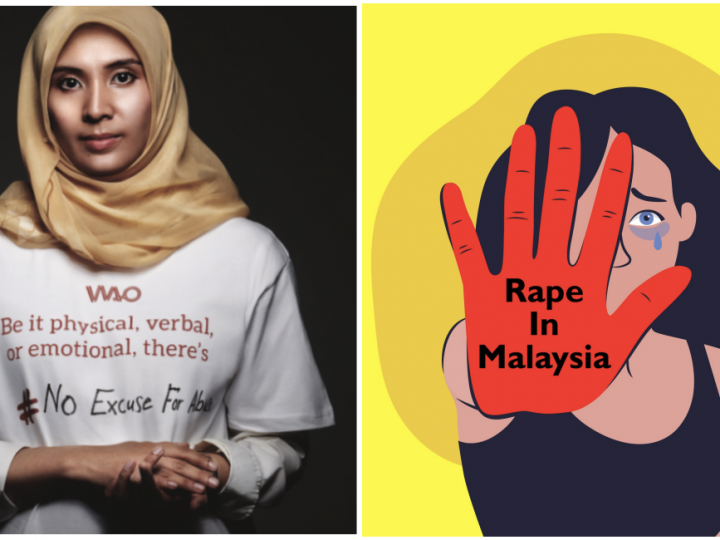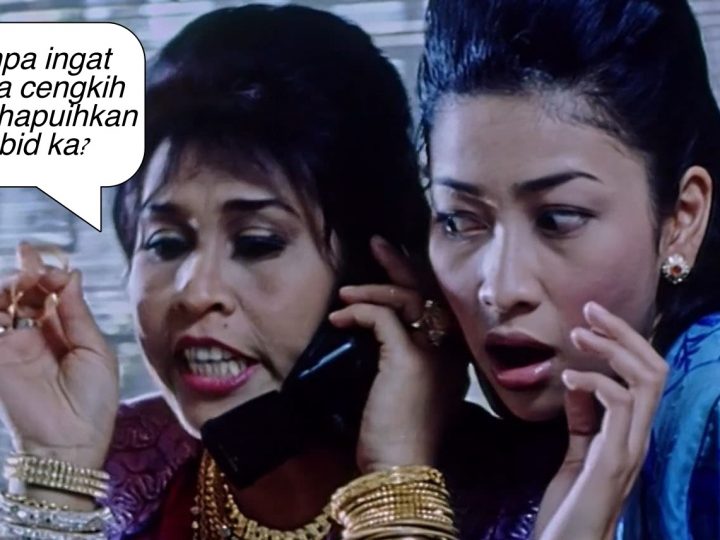SURVEY: 17% Of Respondents Unsure If Children Should Get Regular Vaccinations From Birth
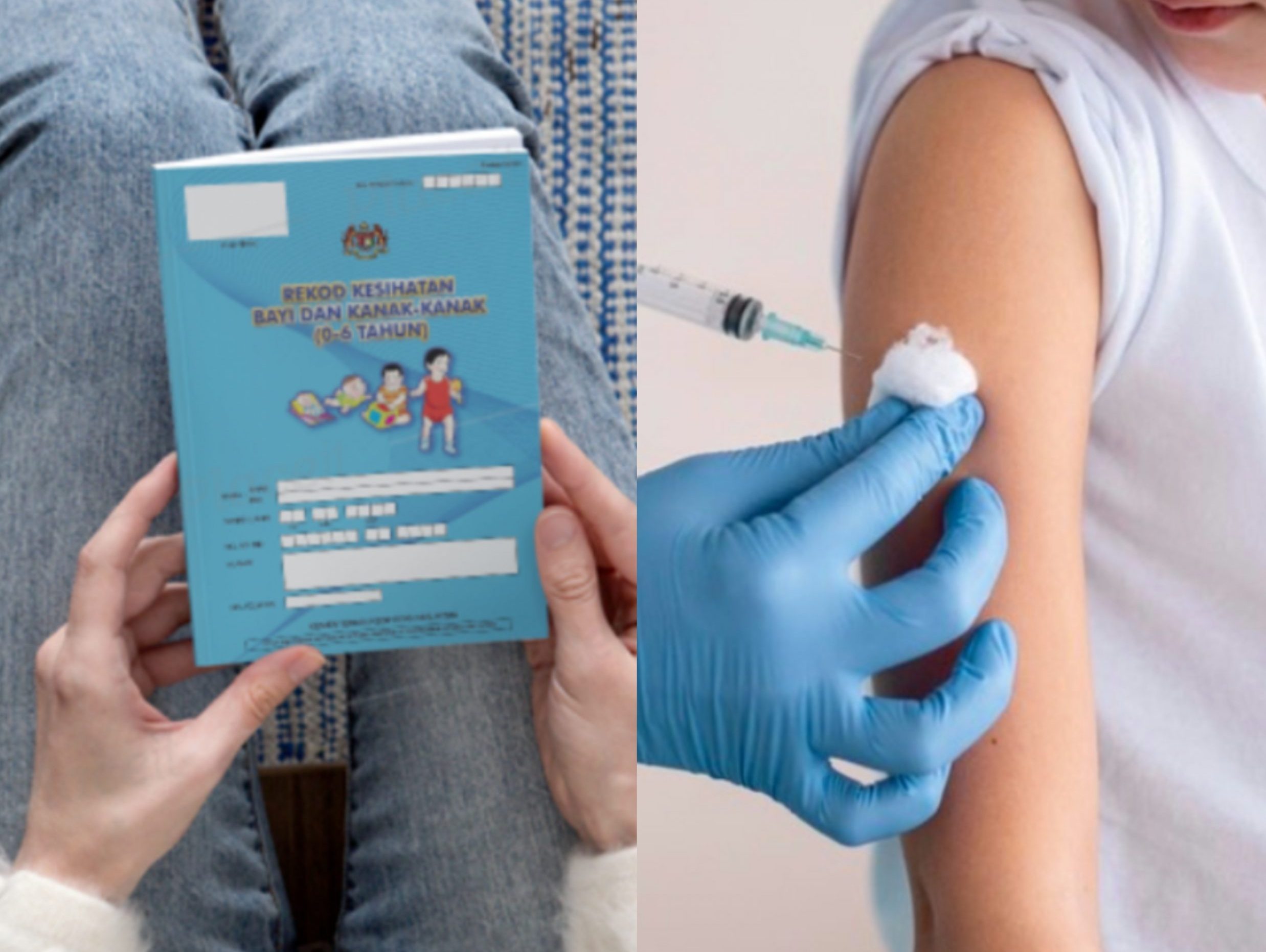 Thirsty for JUICE content? Quench your cravings on our Instagram, TikTok and WhatsApp
Thirsty for JUICE content? Quench your cravings on our Instagram, TikTok and WhatsApp
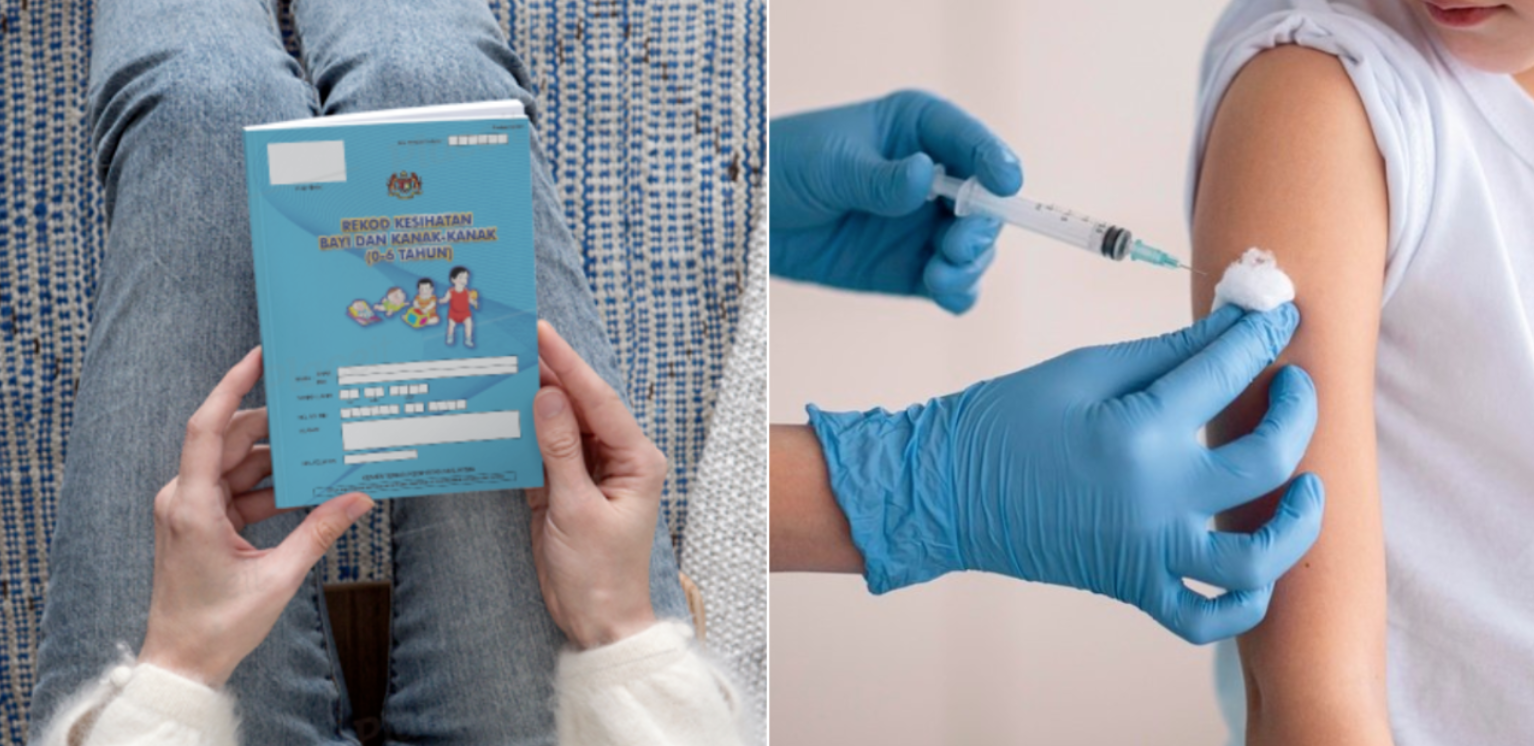
This Spotlight is sponsored by the Ministry of Health.
In collaboration with the Ministry of Health (MOH), OhBulan! recently ran a survey to gauge Malaysians’ general knowledge about vaccines.
The survey ran from 8 October to 9 November, garnering a total of 4,068 respondents.
One of the main findings from the survey was that around 78.7% of respondents understand what vaccines are and what they contain.
Nowadays, most people are at least aware of vaccines and their importance, not just for COVID-19, but for various other illnesses too. This is in part thanks to the recent nationwide COVID-19 vaccination programme.
However, the survey also showed that not all respondents were well informed about vaccinations, especially those for children.
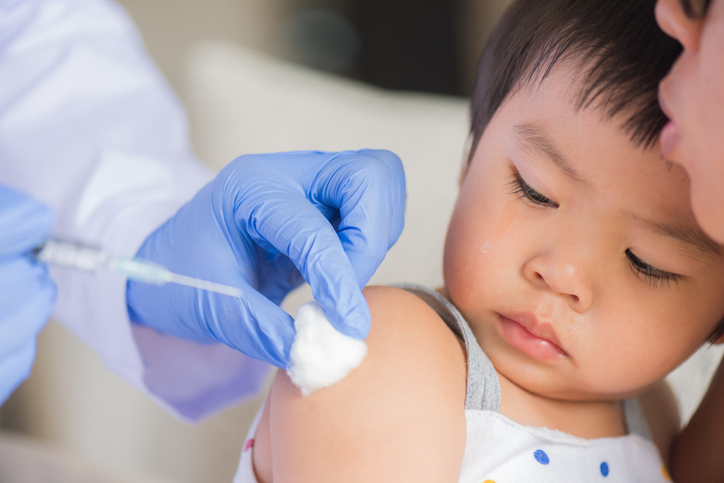
Only 62% of respondents were confident that children should receive vaccinations to build immunity against known diseases.
19.4% of respondents said that children do not need to be vaccinated, while 17.8% of respondents were unsure.
This finding is slightly worrying, as vaccination for children is one of the most effective ways to protect infants and children from vaccine-preventable diseases.
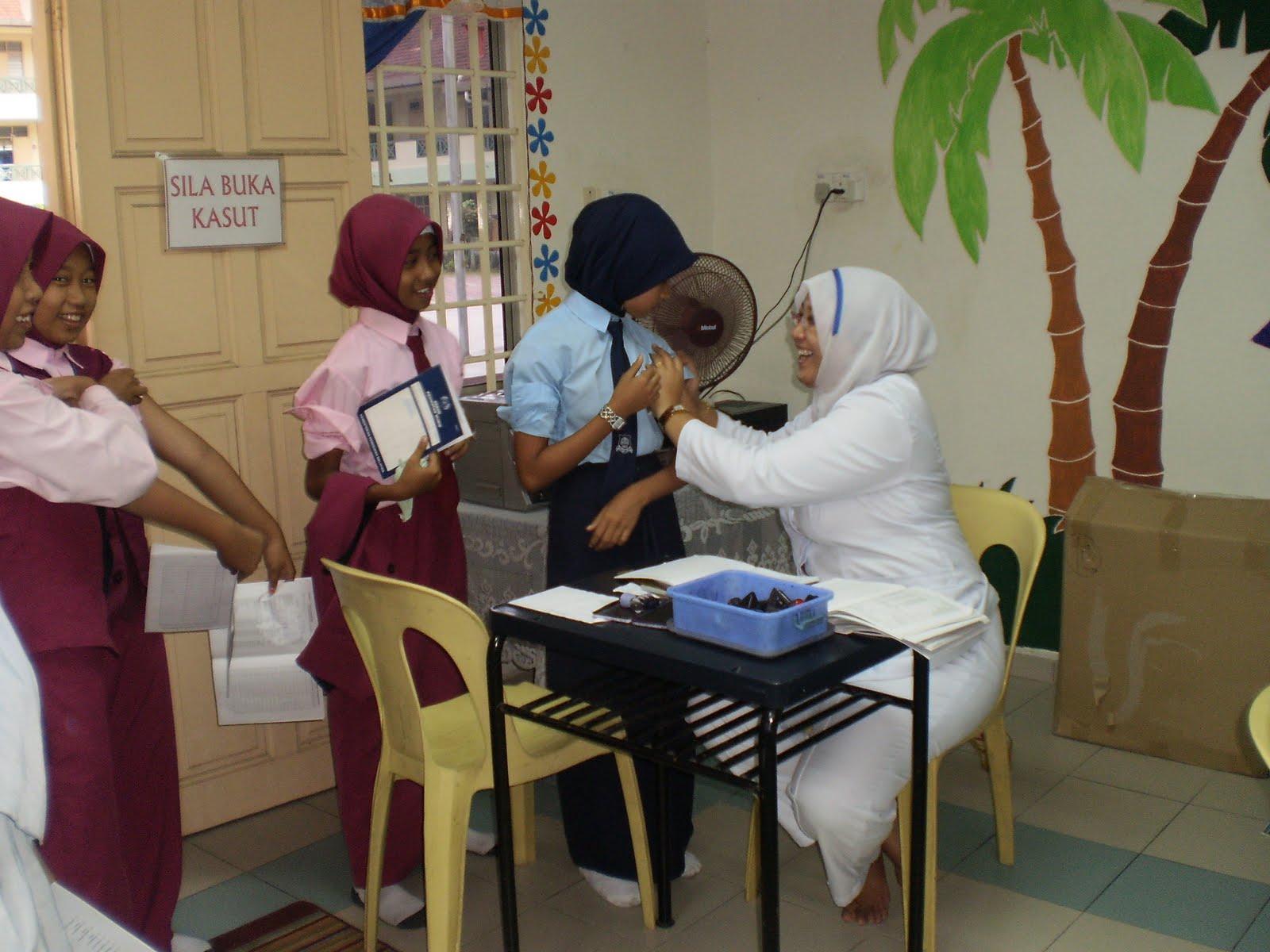
One of the reasons why vaccinations are important is because some diseases may cause long-term damage. For instance, polio mainly affects children and can result in irreversible paralysis, usually in the legs. While there is no cure for polio, it can easily be prevented by immunisation.
Since the 1950s, the government has offered free vaccinations through public hospitals, clinics (i.e. klinik kesihatan), and school health services. In fact, MOH has come up with a National Immunisation Schedule for children to protect against these diseases:
– Tuberculosis
– Hepatitis B
– Diptheria
– Tetanus
– Polio
– Measles
– Mumps
– Rubella
– Pertussis
– Haemophilus influenzae type B infection
– Japanese encephalitis
– Human papillomavirus infection
– Invasive pneumococcal disease
Take a closer look at the vaccination schedule for newborns to infants below.
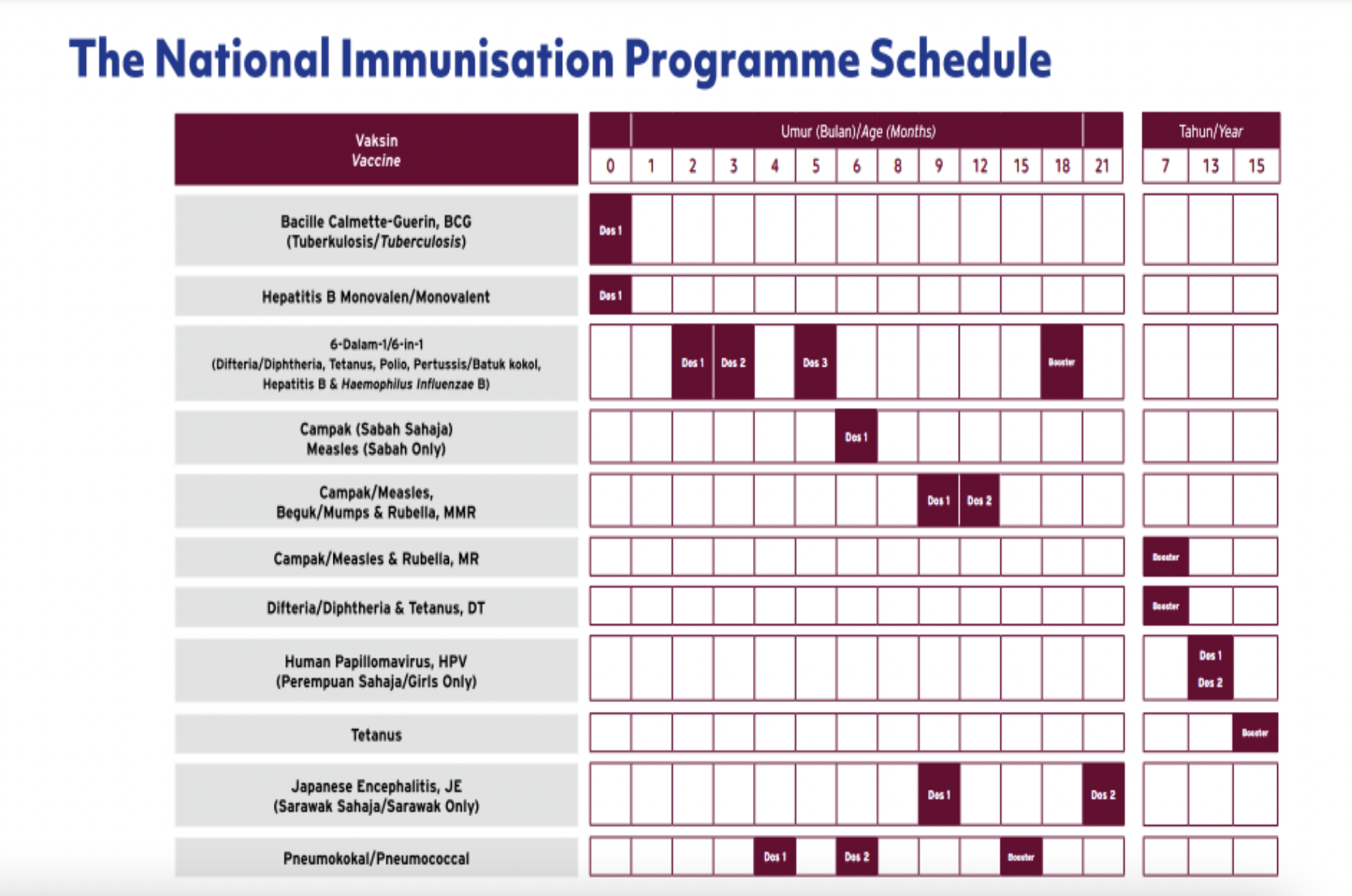
On a positive note, most parents are educated about the side effects of vaccines, and what to do if symptoms worsen.
91.5% of respondents recognised that fever was a common side effect after vaccination.
Besides that, 97.2% of respondents said that they would bring their child to a clinic or consult with a healthcare worker online if they noticed that the side effects worsened.
Regarding how they would respond after their children got a vaccination jab, 77% of respondents would just let it be, while the remainder said they would either ice, massage, or apply cream on the affected arm.
According to MOH, the proper thing to do after a vaccination jab is to leave the arm alone, and to seek proper medical treatment only if it remains swollen.
All in all, vaccination is important for your child’s health and wellbeing, while also providing you extra peace of mind as a parent.

To find out more about common vaccinations for your child, check out MOH’s comprehensive guide on vaccines and immunisation.


 Get Audio+
Get Audio+ Hot FM
Hot FM Kool 101
Kool 101 Eight FM
Eight FM Fly FM
Fly FM Molek FM
Molek FM
